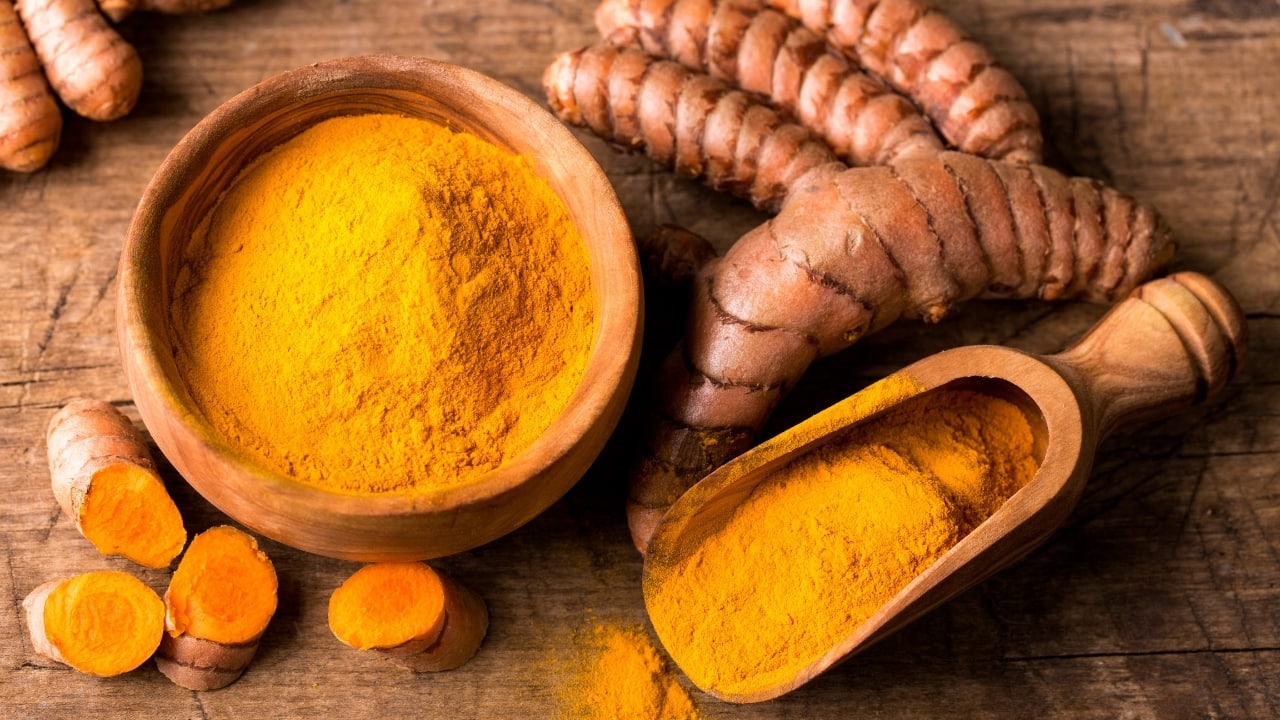Health benefits of flaxseeds: Flaxseeds can help balance oestrogen levels and also provide omega-3 fatty acids and fibre, which support heart health and digestion (Image: Canva)
If you are dealing with perimenopause, you’d be surprised how diet can help in managing your symptoms and supporting overall health at this time. Here’s a look at some of the best foods to eat during perimenopause and how they can help:
Flaxseeds can help balance oestrogen levels and also provide omega-3 fatty acids and fibre, which support heart health and digestion.
Tip: Grind them and add them to smoothies, yogurt, or salads.
Berries like strawberries, blueberries, and raspberries are high in antioxidants, vitamin C, and fibre that help protect against cell damage and aging. They also help reduce inflammation, support skin health, and improve heart health.
Story continues below Advertisement
Tip: Enjoy them as a snack, in smoothies, or sprinkled over oatmeal.
Broccoli and other cruciferous vegetables (cauliflower, kale, Brussels sprouts) help detoxify the body and balance oestrogen levels. They are also rich in calcium, which supports bone health. They can also help reduce the risk of hormone-related cancers.
Tip: Steam or stir-fry broccoli with garlic for a nutritious side dish.
Soy can mimic oestrogen in the body. These can help ease some perimenopausal symptoms like hot flashes and night sweats. Soy also provides protein, which helps maintain muscle mass as it declines during this phase.
Tip: Incorporate soy products like tofu, tempeh, or soy milk into your meals.
Salmon is rich in omega-3 fatty acids, which support heart health, reduce inflammation, and improve mood. It’s also a good source of vitamin D and calcium, both essential for bone health during perimenopause and may help ease mood swings.
Tip: Grill or bake salmon for a quick, healthy meal.
Spinach is packed with vitamins A, C, K, and folate, along with magnesium and iron. It’s particularly beneficial for maintaining bone health and preventing muscle cramps, which can sometimes occur during perimenopause.
Tip: Add spinach to salads, smoothies, or soups.
 Health benefits of nuts and seeds: Nuts, especially almonds, walnuts, and cashews, are rich in healthy fats, protein, and magnesium (Image: Canva)
Health benefits of nuts and seeds: Nuts, especially almonds, walnuts, and cashews, are rich in healthy fats, protein, and magnesium (Image: Canva)
Nuts, especially almonds, walnuts, and cashews, are rich in healthy fats, protein, and magnesium. They are a convenient snack that helps balance blood sugar levels and prevent energy dips and cravings, supports heart health, and provides energy during this transitional period. Magnesium also helps alleviate mood swings and sleep problems.
Story continues below Advertisement
Tip: Snack on a handful of mixed nuts or add them to salads and yoghurt.
 Health benefits of turmeric: It has mood-boosting properties, thanks to its active compound curcumin (Image: Canva)
Health benefits of turmeric: It has mood-boosting properties, thanks to its active compound curcumin (Image: Canva)
Turmeric is a powerful anti-inflammatory that can help reduce joint pain and stiffness, which some women experience during perimenopause. It also has mood-boosting properties, thanks to its active compound curcumin.
Tip: Add turmeric to curries, soups, or make golden milk with warm milk and a pinch of turmeric.
Dark chocolate, especially varieties with over 70% cocoa, is rich in antioxidants and magnesium. It can help reduce stress and boost mood, while also providing a small amount of iron and fibre. The magnesium in dark chocolate supports relaxation and sleep.
Tip: Enjoy a small piece of dark chocolate as a treat after meals.
Some other food options include green tea, sweet potatoes and pumpkin seeds. Add them to your everyday diet to help ease the transition to menopause and promote well-being.




 Health benefits of nuts and seeds: Nuts, especially almonds, walnuts, and cashews, are rich in healthy fats, protein, and magnesium (Image: Canva)
Health benefits of nuts and seeds: Nuts, especially almonds, walnuts, and cashews, are rich in healthy fats, protein, and magnesium (Image: Canva) Health benefits of turmeric: It has mood-boosting properties, thanks to its active compound curcumin (Image: Canva)
Health benefits of turmeric: It has mood-boosting properties, thanks to its active compound curcumin (Image: Canva)